The Sun provides energy to make our Earth a comfortable place to live. For centuries, people could only dream about a solar-powered house with clean energy powering everything in it. But in 2024, it will be a reality for millions.
The rise of solar panels shows us that clean electricity is our new reality. Yet, like any technology, solar power has its benefits and drawbacks.
While reputable solar companies simplify maintenance, it is still a time-consuming process. This guide unravels the complexities of solar power, helping you decide whether it fits your lifestyle.
What Is Solar Generation?
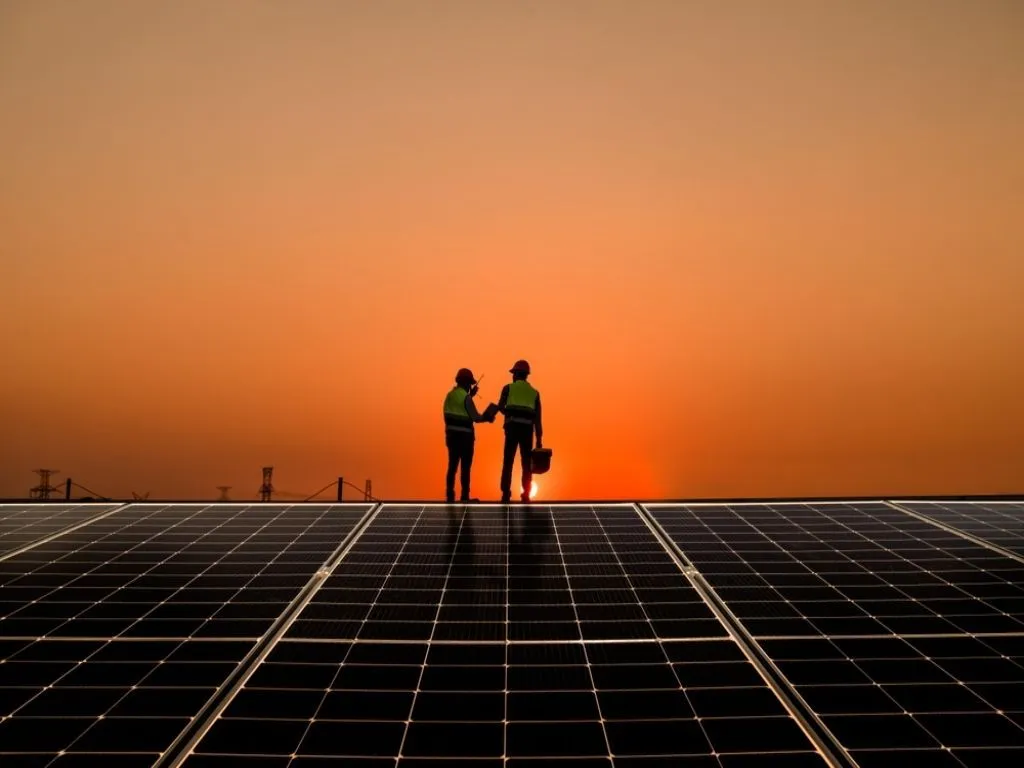
Solar generation refers to the process of harnessing the Sun’s energy, which is continuously produced in the form of light and heat. Solar panels are devices that capture this energy and convert it into electricity. This method represents a clean and abundant resource for power generation.
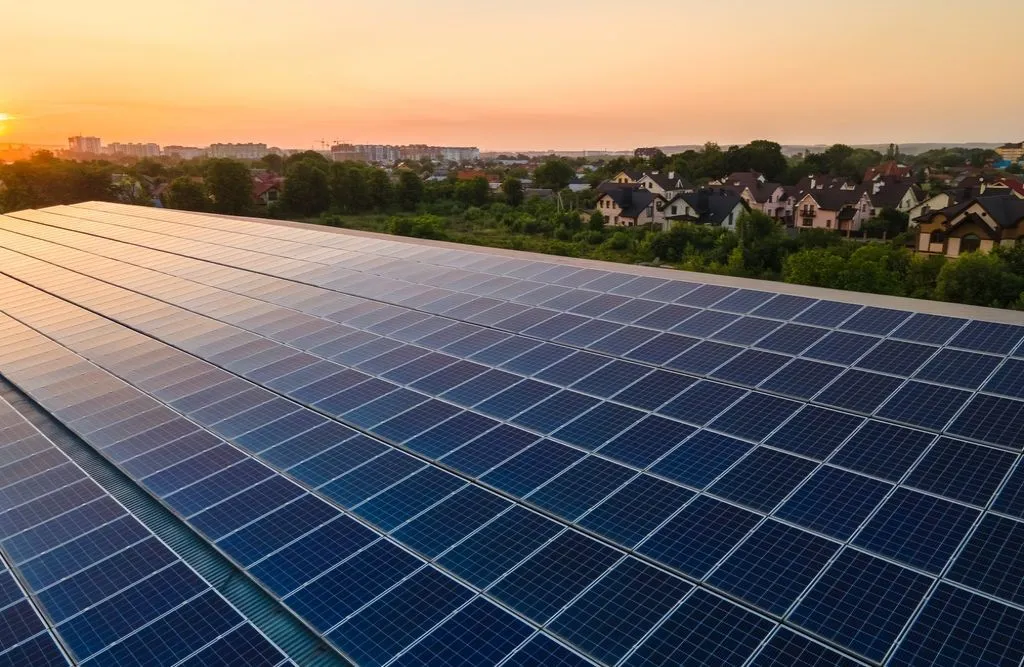
How much is your electricity bill per month?
Help us understand what you`re currently spending
When photons from the solar ray strike the cell, they stir up electrons on the panel, encouraging them to move. The electron’s movement generates the direct current. The inverter converts DC from panels to AC (alternating current) to power your home.
Embracing solar power technology reduces your dependence on traditional sources and empowers you to control your energy production sustainably. There are hundreds of solar panels for home and commercial usage, and you are free to choose any of them. If you are a business owner and want to use panels, you can reduce operating costs and enhance your brand image by demonstrating responsibility.
How To Pick a Solar Panel System
It’s essential to find the perfect fit for your situation. If your solar panels are too weak, you still depend on the power grid. It applies even to the best solar panels. Even on the sunniest days, they can’t generate more than the maximum estimated power.
On the other hand, if your panels are too powerful and you don’t have batteries to store the energy or the opportunity to transfer this energy to the grid, you pull your investments down the drain.
Here are a few guidelines to help you make the best choice:
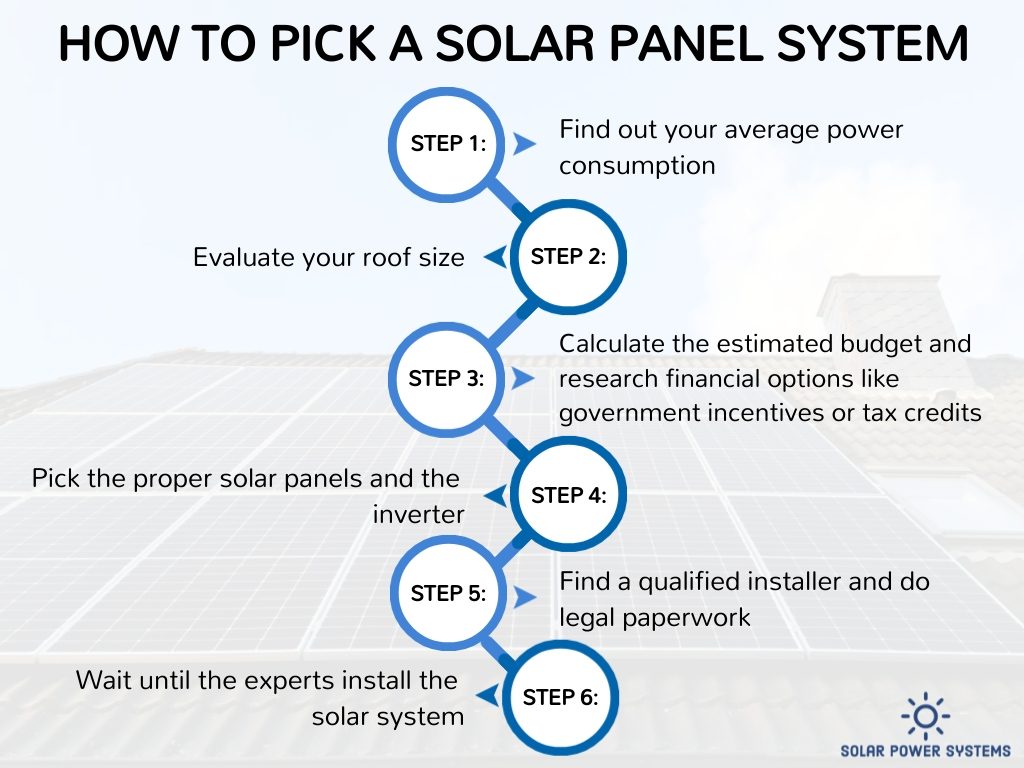
Start by calculating your average daily and monthly energy consumption. You can get this information by reviewing your electricity bills or tracking your energy usage for a chosen period. It gives you an understanding of your energy needs so you will know the basic requirements of the future solar system.
Estimate your roof’s size, shape, orientation, and shading. In the Northern Hemisphere, an ideal roof faces south; in the Southern Hemisphere, it should face north to optimize sunlight exposure. Identify any shaded areas that might impact energy production.
The next step is determining your budget for the entire project, including panels, inverters, batteries, and installation. Also, manufacturers mandate certified technicians to install the solar power system. Doing it yourself voids the warranty.
Most solar panel manufacturers allow you to pre-calculate an estimated roof price. However, this price can fluctuate up or down to 20–40%, depending on the season and project complexity. Simultaneously, explore financing options. Combining federal and state tax credits can provide up to 20–35% in savings. Look for additional funding opportunities on the local level.
The next step is to select the proper solar panels from the chosen manufacturer. There are three solar panel types:
- Monocrystalline — the best-performing but the most expensive
- Polycrystalline — less efficient but more affordable
- Thin-film — lightweight but has the lowest efficiency
Get a reliable inverter with the longest performance warranty. It constantly converts the DC electricity the panels generate into AC electricity for your home. Hence, you should pick the long-living inverter with the right capacity and efficiency.
After preparing, locate a qualified local installer. Research local technicians, check their references and certifications, and compare client reviews.
Many technicians can help you find the inverter and battery to install within your solar power system. Some of them will also help you get the permits, as local municipalities require multiple licenses for solar installations. You should do the paperwork before the actual installation.
Once the paperwork is done and you bought the needed hardware, the technician installs your solar panel system. Usually, it takes 3–10 days, depending on the object’s complexity.
Advantages and Disadvantages of Solar Energy
To ease the comparison, we gather the pros and cons of solar panels in an easily accessible table. Further, we explain each point in detail.
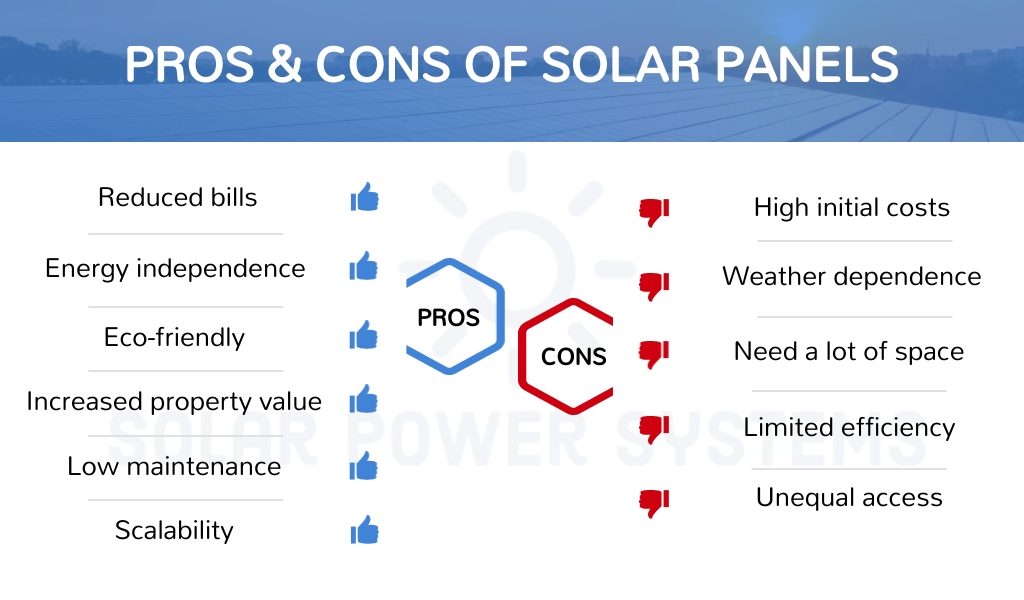
The Advantages of Solar Energy
Solar energy is eco-friendly and can reduce power bills while boosting independence. It’s a smart investment that can elevate property value thanks to its tech-forward appeal. According to the United States Department of Energy report, solar energy has the largest potential for eco-friendly electricity production in the U.S.
Once you choose proper solar panels, you don’t need to rely on the power grid. Moreover, you can sell generated power to the local power companies and earn money from it. Check the detailed description of each pros of solar energy.
Going Solar Reduces Your Power Bill
The bills for public utilities keep growing every month, and solar power generation can help you with it. Generating your own electricity reduces or eliminates reliance on the power grid, reducing power bills.
If your utility company offers time-of-use billing, you can maximize your savings by using solar energy during peak hours. It helps you save money because you won’t use the grid at the peak electricity rates.
Many cities have net metering policies, where you can get paid for providing excessive energy from your solar panels back to the grid. It reduces electricity costs even more.
Solar Panels Give You Energy Independence
You no longer rely on public service prices, as you can generate electricity wherever needed. If there is any power outage on the grid, you don’t feel it, as you can get the electricity directly from the Sun.
You can choose when to switch to the grid. With solar energy, you can forget about fossil fuel dependence, as you will use clean energy sources. It will reduce your gas emissions and combat climate change, contributing to a sustainable future.
Solar Panels Are Eco-Friendly
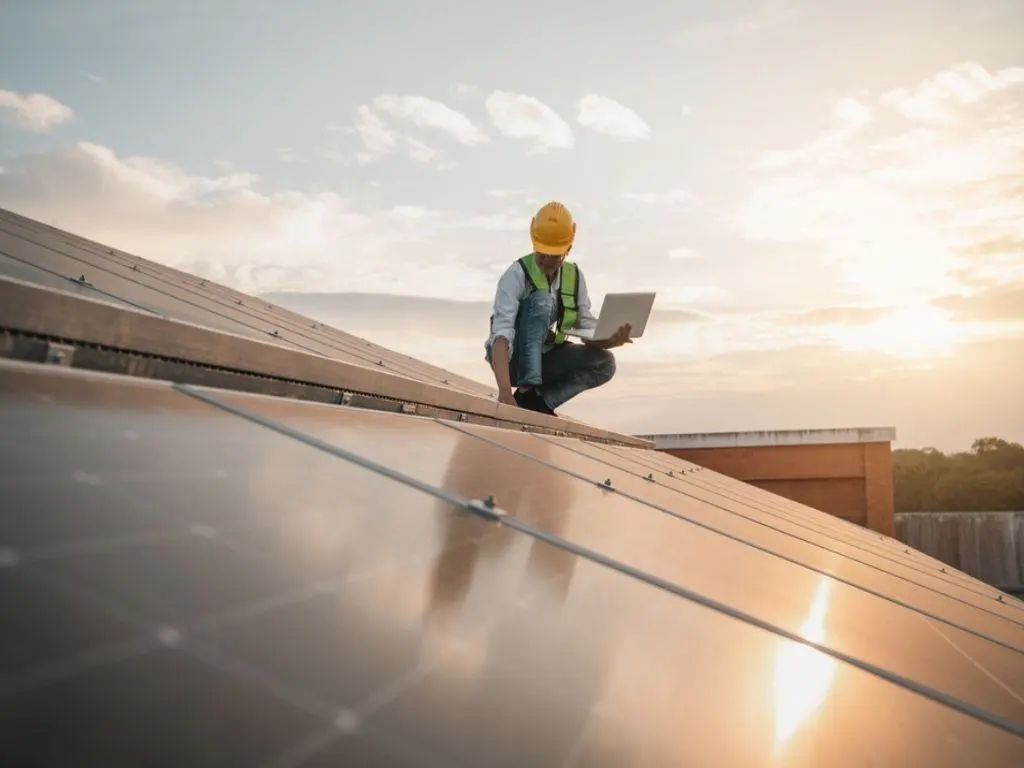
It is one of the major benefits of solar panels. Solar energy is clean, producing no harmful emissions, making the switch an effective way to reduce your carbon footprint.
It is a renewable and abundant resource. The Sun produces enough energy in 1 hour to meet the world’s energy needs for an entire year. Solar panels collect a fraction of this energy and convert it into electricity to power your devices.
Solar Power Systems Provide You With Government Incentives
Many governments provide financial incentives to encourage eco-friendly solar power generation. In the USA, you can get the Federal Solar Investment Tax Credit and Business Investment Tax Credit on the federal level, allowing you to claim up to a 30% tax credit stimulus.
You can get net metering, property tax exemptions, and financing programs on the state and local level. In 25+ states, you can get a tax credit on top of the federal ITC.
At the same time, 11 states offer a tax exemption for solar equipment purchases, meaning that you don’t need to pay taxes on the cost of your solar panels, inverter, and other equipment.
Solar Power Systems Increase Property Value
Installing solar panels can enhance the value of your property by engaging a wider range of buyers. Homes with solar panels are usually pricier, as they are considered more sustainable and energy-efficient.
Potential buyers also appreciate lower energy bills and reduced grid reliance without spending weeks buying and installing solar panels. It’s one of the greatest solar energy pros for those considering selling their property later.
Solar Panels Require Low Maintenance
Solar panels are generally considered to be low maintenance. However, you should provide regular cleaning with a soft brush or microfiber cloth once in a quarter. Remove minor debris once in a few weeks. Consider a professional cleaning service for systems in hard-to-reach locations or after bad weather like storms, hail, or blizzards.
Additionally, monitor system performance and ask for expert care once you see the first signs of deterioration. In most cases, minor repairs can be covered by warranty.
Solar Power Systems Are Scalable
System scalability is one of the major benefits of solar energy. You can start with dozens of solar shingles or panels, gradually expanding your system to the point that it can power a small city. This modular technology allows you to adjust the system size according to your needs.
In household applications, land isn’t necessary. Solar shingles can replace regular tiles, while solar panels can be installed on rooftops.
What Are the Downsides of Solar Panels?
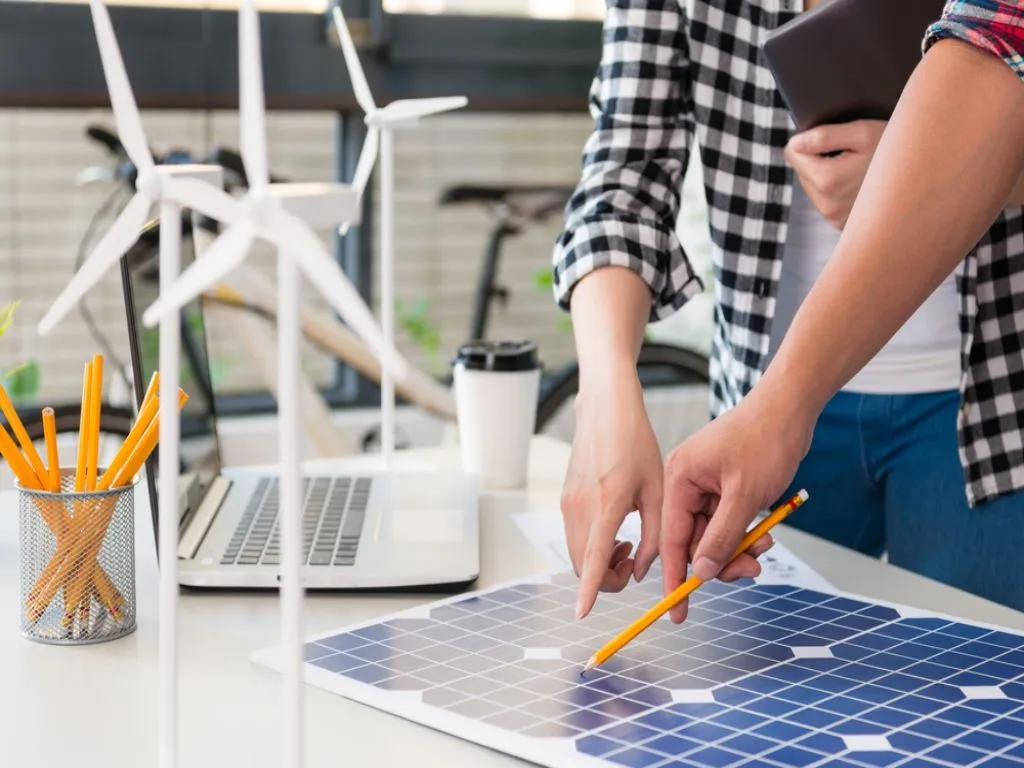
While solar energy offers numerous advantages, it still has disadvantages you must be aware of. Sometimes, solar panel systems can have high initial costs of up to $20,000. Plus, they require space on your roof or backyard.
Next, solar energy depends on the weather. On cloudy days, you’ll get less power. Strong winds or hails can physically damage the panels. Meanwhile, even on the most productive days, solar stations convert only up to 22% of solar energy into power.
Here are other drawbacks of installing solar panels:
Solar Panels Are a Costly Investment
Solar panel production is an expensive process requiring long research and high-pricy details. You must buy panels and inverters that convert the DC power to AC. If you want to store the excess energy to use at night, you must purchase special batteries that act like big power banks for your solar panel system.
You need to have the necessary permits to comply with local regulations. It may cost you a few hundred or even thousands of dollars. Also, you still need an expert team to assemble and install the system. Depending on the project’s complexity, it may cost you from $10,000 to $40,000. The simple 5 KW system will cost you approximately $13,000. At the same, sophisticated solar shingles on a complex roof may cost you even $60,000.
This investment will take at least a decade to pay off. Thus, some may consider it a “not worthy of risk” disadvantage of solar energy.
Solar Panels Are a Weather-Dependant Technology
Solar production relies on sunlight. You’ll get far less energy on cloudy days. Rain, snow, and dust accumulation lower the amount of the sun rays reaching the panels. It decreases the output even more.
Extreme heat and cold limits the system’s performance. High temperatures cause the panels to overheat, decreasing their efficiency. Extremely low temperatures, on the other hand, increase the stiffness and cracking risks.
Solar Panels Require a Lot of Space
Solar panels need a lot of space for installation, especially those systems generating energy to power an entire home or business. This can challenge individuals with limited roof space or those residing in multi-unit buildings.
Shadows from buildings, trees, and structures decrease panel efficiency and restrict potential installation areas.
Additionally, accommodating inverters and batteries requires a designated dry room meeting specific fire safety standards, which is often considered one of the worst cons of solar energy.
Solar Power Systems Have Limited Efficiency
While solar panels have improved significantly in recent years, they only convert a portion of the sunlight they receive into electricity, typically around 20–22%.
Multiple panel arrays are necessary to generate sufficient power for a household due to factors such as the panel’s bandgap, internal resistance, and light reflection. Systems often face manufacturing limitations like material purity, doping, and contact resistance.
Solar cell materials possess a bandgap, an energy difference between the valence and conduction bands. Only photons with energy exceeding the bandgap can excite electrons across the gap and generate electricity. Lower energy photons pass through the material or generate heat.
The internal resistance can interfere with electricity flow, reducing efficiency in the long run. The material purity is one of the efficiency-related solar energy cons. Impurities can reduce performance, while purification is a costly process. We don’t recommend buying cheap panels, as most have many impurities.
Inequality in Solar Power Access
If you open the “What is a disadvantage of solar energy?” thread on Reddit or Twitter, you will likely pinpoint “unequal access” as one of the most often-mentioned downsides of solar panels. But what does it mean exactly?
Solar energy justice is a concept we’re all familiar with but can’t seem to ensure. The guaranteed access to this sustainable but not yet affordable energy source remains an issue to be tackled, and here’s why:
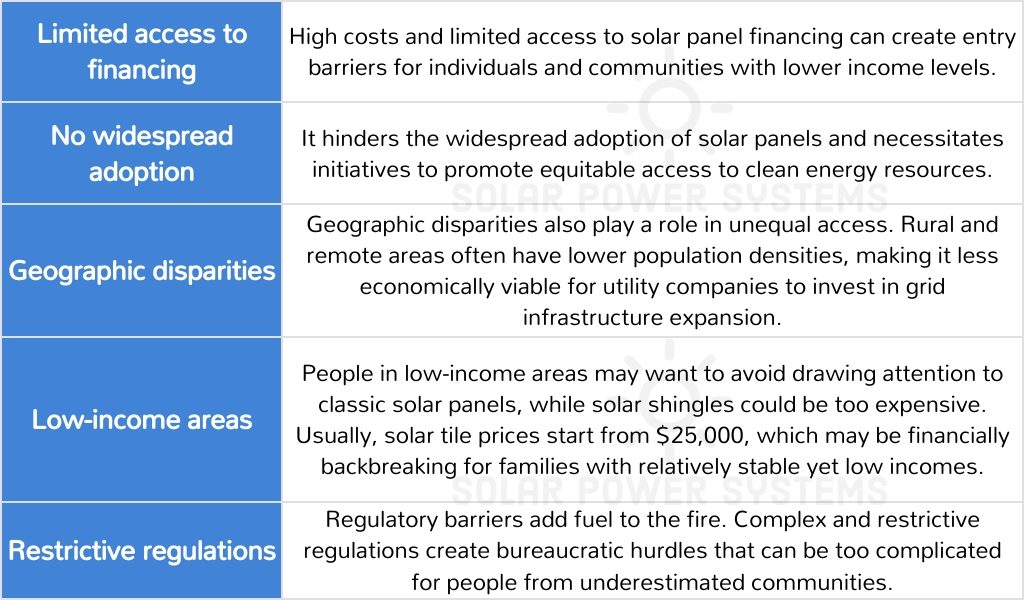
Is Solar Energy Sustainable?
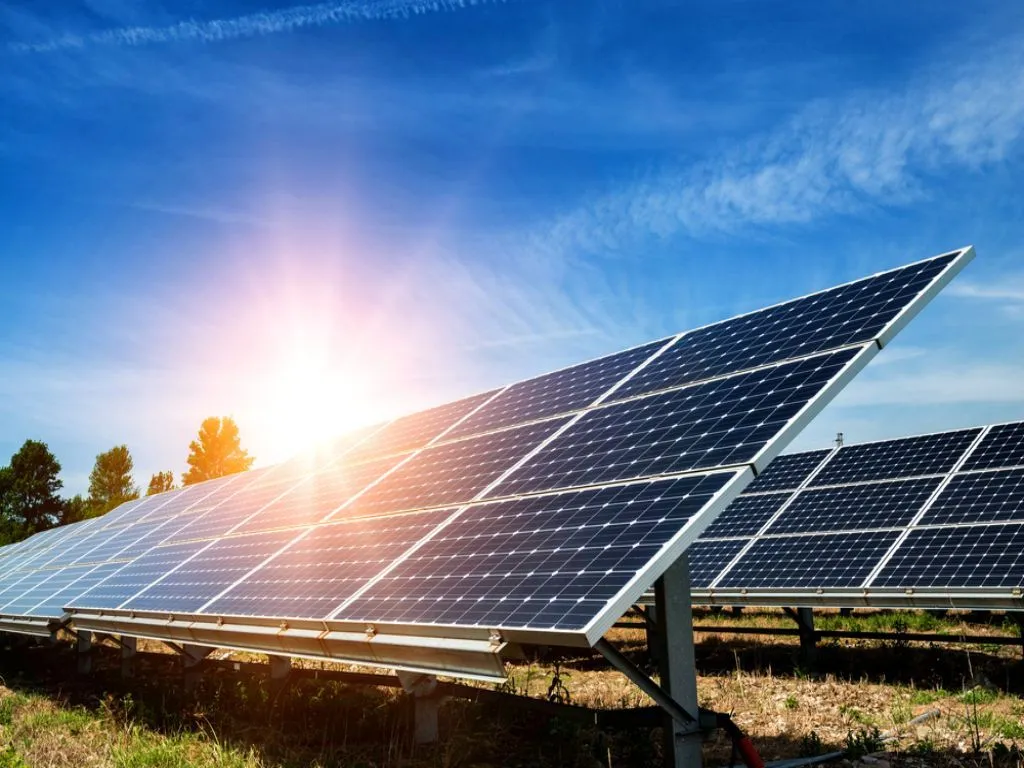
There’s no denying that solar power is a sustainable and clean energy source. After all, solar panels use an infinite source of energy — the sun’s rays. Solar power plants don’t use water or nuclear energy like other sustainable power generation sources.
Wind power factories rely on the wind, which changes day by day, making it impossible to guarantee round-the-clock electricity generation. At the same time, solar panels generate power each day from dawn to dusk. There can be fluctuations depending on the weather or shading, but the panels will still generate some electricity.
Unlike traditional power sources like coal or oil, solar panels do not produce air pollution during operation but help battle climate change more efficiently.
What Future Holds for Solar Energy?
Investing in solar panels might seem daunting, especially given the initial high costs. However, this investment proves worthwhile over time. By harnessing and storing clean energy from the Sun, you’ll gain independence from the power grid, reducing bills even during overcast or snowy seasons.
While the solar energy trend might seem like old news, the industry is gaining momentum. The recent advancements in solar power technologies are gradually removing reliance on more traditional power sources like coal or oil. Eventually, the efficiency of solar panels will cause the widespread adoption of solar energy. But for now, affordability is still a challenge.

